On the afternoon of November 26, with the majority of National Assembly deputies participating in the vote in favor, the National Assembly unanimously passed the Law on Notarization (amended).
The Law on Notarization (amended) taking effect from July 1, 2025 has amended and supplemented many regulations to improve the quality of the notary team, ensuring the number is appropriate to the notarization needs and stable and sustainable development.
In particular, the regulations stipulate that the criteria for appointing a notary public are Vietnamese citizens under 70 years old; residing permanently in Vietnam, complying with the Constitution and laws, having good moral qualities and ensuring good health; having a bachelor's degree in law or a master's degree in law or a doctorate in law; graduating from a notary training course...
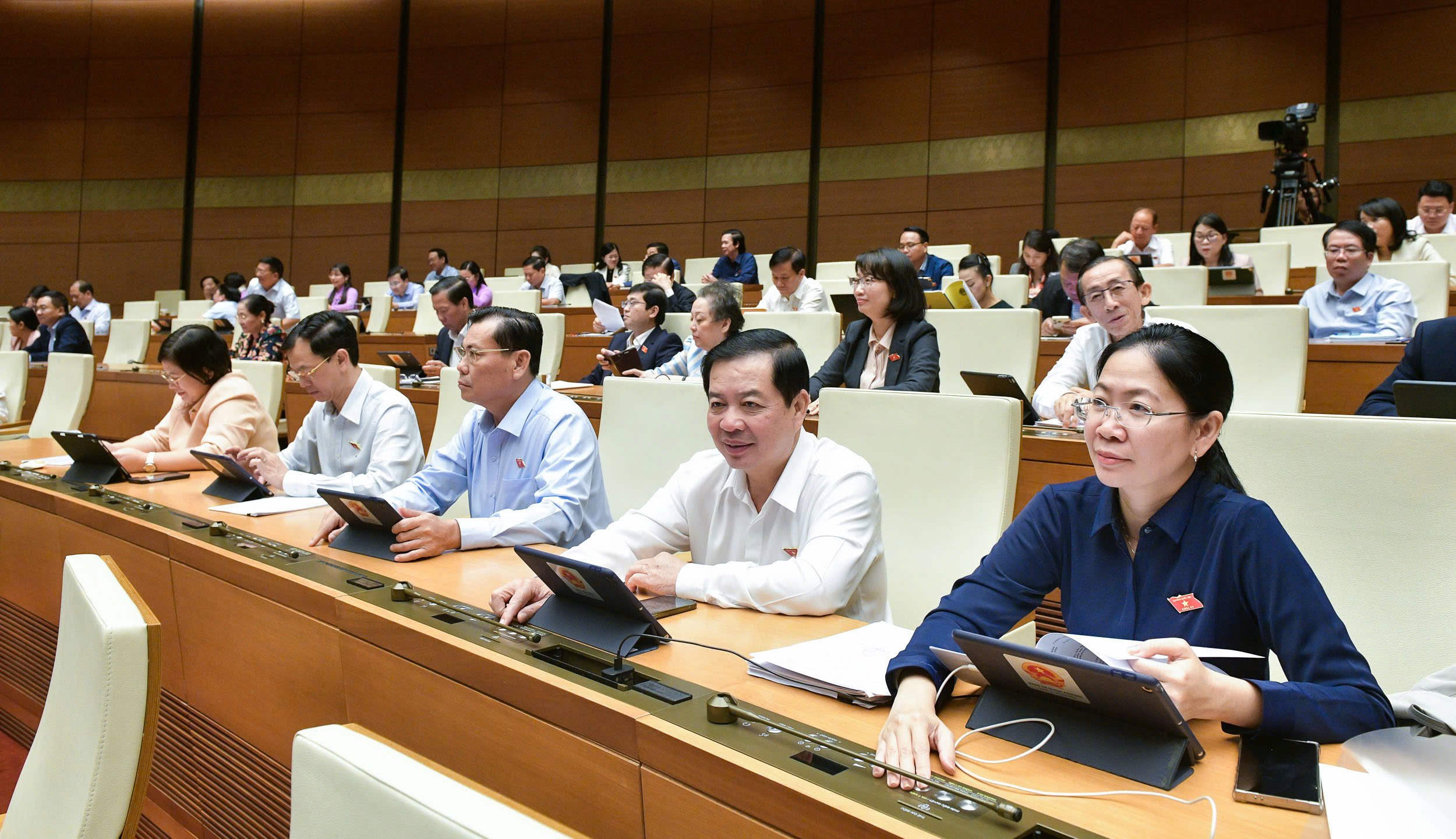
Delegates press the button to approve the draft Law on Notarization (amended)
Notaries over 70 years of age who are practicing notary on the effective date of this law may continue to practice notary for a period of 2 years from the effective date of this law.
Notaries who are between 68 and 70 years old on the effective date of this law may practice notary services until they are 72 years old. Upon the expiration of the above-mentioned period, the notary shall automatically be dismissed.
On the other hand, the law stipulates that the notary practice internship period is 12 months for all subjects to ensure consistency and give trainees enough time to experience and apply the knowledge and skills they have learned into practice.
Trainees must ensure that their training time is in accordance with the working days and hours of the notary organization. Supplementing regulations on the validity period of the training results examination certificate to ensure that the person appointed as a notary has up-to-date knowledge and skills.
Regarding the authority to notarize real estate transactions, the amended Law on Notarization stipulates: Notaries are only allowed to notarize real estate transactions within the province or centrally-run city where the notary practice organization is headquartered. Except for notarizing wills, documents refusing to receive inheritance, authorization documents related to the exercise of rights to real estate, agreements establishing the property regime of spouses regarding real estate, and notarizing the amendment, supplementation, termination, or cancellation of these transactions in accordance with the provisions of law.
Regarding the location of notarization, the law stipulates that notarization must be performed at the headquarters of the notary practice organization, except in some special cases.
The law assigns the Government to detail a number of cases of notarization outside the headquarters in cases where there are other legitimate reasons, which is appropriate. This is to ensure harmony between the requirement of strict control over notarization outside the headquarters and still decentralize the Government to make specific regulations to ensure flexibility and convenience...
Source: https://www.baogiaothong.vn/quoc-hoi-thong-qua-luat-cong-chung-cho-phep-cong-chung-vien-hanh-nghe-den-70-tuoi-192241126165643542.htm


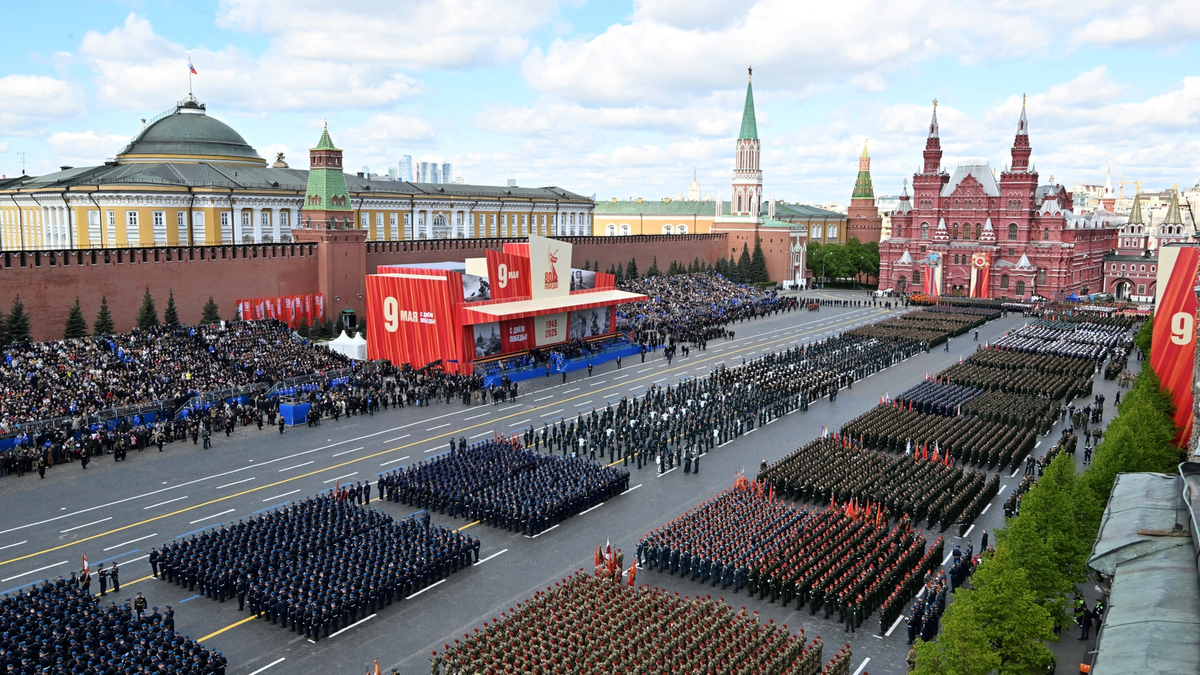


![[Photo] General Secretary To Lam and international leaders attend the parade celebrating the 80th anniversary of the victory over fascism in Russia](https://vphoto.vietnam.vn/thumb/1200x675/vietnam/resource/IMAGE/2025/5/9/4ec77ed7629a45c79d6e8aa952f20dd3)
![[Photo] Prime Minister Pham Minh Chinh chairs a special Government meeting on the arrangement of administrative units at all levels.](https://vphoto.vietnam.vn/thumb/1200x675/vietnam/resource/IMAGE/2025/5/9/6a22e6a997424870abfb39817bb9bb6c)
![[Photo] Russian military power on display at parade celebrating 80 years of victory over fascism](https://vphoto.vietnam.vn/thumb/1200x675/vietnam/resource/IMAGE/2025/5/9/ce054c3a71b74b1da3be310973aebcfd)






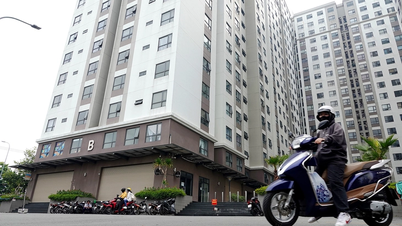




















![[Photo] Magical moment of double five-colored clouds on Ba Den mountain on the day of the Buddha's relic procession](https://vphoto.vietnam.vn/thumb/1200x675/vietnam/resource/IMAGE/2025/5/9/7a710556965c413397f9e38ac9708d2f)















































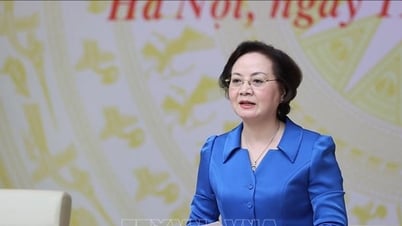


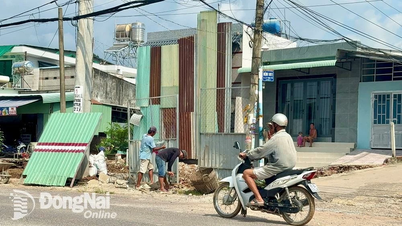










Comment (0)